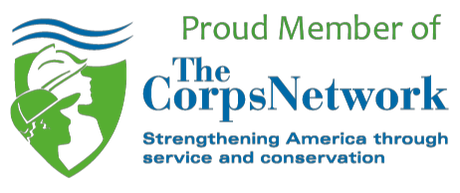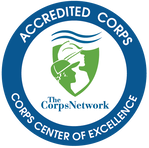|
G.E.M. Environmental is excited to share another new addition to our monthly blog series – Science Stories. Each month, we interview a STEM scholar, student, or community member and ask them things like why they believe the STEM fields are important, how they got started in their field, to what they would do if they hit the jackpot. We hope that our new blog series will inspire, introduce a variety of fields, and create new conversations. In honor of National Parks Week 2020, we are happy to introduce you all to Barbara Nuzzi. Barbara worked at the Ashokan Environment Education Center in Olive Bridge, NY, as the Program Director. She also worked for state and national parks, as a guide and environmental educator. Her studies were mostly in environmental stewardship. She is currently retired but she loves to be an active volunteer throughout the community, including volunteer projects with GEM! Why do you believe that the STEM fields are important? Our natural resources are more vulnerable than ever before, mostly due to climate change. I feel there is also a great deal of ignorance when it comes to consumption and sustainable solutions. Education in managing soil, water, air, forests are essential at this time. How and why did you get involved in the STEM fields? My father was my mentor, and I spent a great deal of time with him and my brother's in nature. I have always had a curious mind, and enjoyed spending time in observation of animal behavior and structures in the natural world. Can you describe another aspect of your life or career that is influenced or enriched by the STEM fields that people would find surprising? I don't know if this would be surprising but "Silent Spring" by Rachel Carson changed my life and the global environmental movement. Her book received great criticism when she wrote it in the 1960's, but I always felt that the science behind her findings was correct. What inspires you in your current position/role? Since I am now retired, I am inspired by all the younger generation that are taking up the scientific studies! We need you now more than ever! Have you ever participated in an internship? Yes, I participated twice with AmeriCorps and Student Conservation Association. I've always felt that it was the steppingstone to all my other endeavors. The value of the experience cannot be overstated. What work experiences have been the most educational for you, and why? I loved working with the archaeology teams in many different places. A subject I still find myself intrigued by. What is something that people might be surprised to learn about you? I am a vocalist, and love most types of music, and study guitar. What is the funniest thing that has happened to you recently?
Not recently, but back in the Americorps days, our group needed to paddle out to a small island for a service project only to find this entire small island was filled with poison ivy! You won $10 million in the lotto. What would you do? Environmental activism and especially encourage young women to study the sciences. For more information on our National Parks please visit www.nps.gov. G.E.M. Environmental is excited to share another new addition to our monthly blog series - Science Stories. Each month, we interview a STEM scholar, student, or community member and ask them things like why they believe the STEM fields are important, how they got started in their field, to what they would do if they hit the jackpot. We hope that our new blog series will inspire, introduce a variety of fields, and create new conversations. March is Women’s History Month, and to celebrate we are introducing you to Erin Hickson. Erin grew up in south Phoenix, AZ. She went to Northern Arizona University, then transferred to The University of Arizona where she graduated with a degree in Microbiology and a minor in Chemistry. Erin is a Forensic Scientist and Certified Forensic Artist for the Phoenix Police Department Crime Laboratory, as well as an adjunct professor in Comparative Forensics at Arizona State University West. She started her career with the Phoenix PD as a 9-1-1 Communications Operator and Radio Dispatcher, but soon after she transferred to the Crime Lab as a Laboratory Technician in the Toxicology Section. Erin was then promoted to Forensic Scientist in that section. She transferred to the Firearms Section of the laboratory in 2009 and has worked as a Forensic Scientist in there since. She has been teaching since Fall of last year and she absolutely loves it! Her career as a Forensic Artist started 7 years ago and she has done drawings for Scottsdale PD, Tempe PD, Glendale PD, Phoenix PD, MCSO and she is set to be the next reconstruction artist for the Maricopa County Medical Examiner when their current artist retires. Why do you believe that the STEM fields are important? STEM covers so many subjects, that there is something for everyone. There are also endless job opportunities for anyone that pursues STEM fields. How and why did you get involved in the STEM fields? I loved science from the first time I was exposed to it. I was truly interested in the Biology side and then realized that I also loved math. I don't think it was one person or one thing that got me interested in it. It just caught my interest and I pursued it. I did not know about the field of Forensic Science or Forensic Art, but, once I learned about them, I knew they were the fields for me! I could use everything I love about science and apply them to both. Can you describe another aspect of your life or career that is influenced or enriched by the STEM fields that people would find surprising? I think people see Forensic Art as purely art. They don't think of it being connected to science. In fact, there is a lot of science that goes in to creating a face whether it is a composite or a reconstruction. Forensic Art utilizes knowledge in the fields of Anthropology, Osteology and Anatomy. Photo- "Aging From Meth" Erin Hickson What inspires you in your current position/role?
My inspiration is helping people. That is my passion. It is even more rewarding to be able to help others while using my knowledge in my favorite subject, science. I help people in all of my positions as a Forensic Scientist, Forensic Artist and professor. What work experiences (past or present) have been the most educational for you, and why? I would honestly say that I learn something on almost every case that I work. I learn about new parts of firearms that have a specific function. I learn about new ammunition on the market. I learn that I excel in new areas. I learn new or improved interview techniques and drawing techniques with every forensic drawing. What is something that people might be surprised to learn about you? I enjoy singing karaoke and once won cash in a karaoke contest. I am also the one that brings my four year old daughter's dolls to life by giving them voices. Elmo is her favorite. I also started the AZ Forensic Artists Association. When I got started in Forensic Art, I realized that there was no working group for the various forensic artists around the state. Now we have over a dozen artists around the state that work together in helping agencies in Arizona. You won $10 million in the lotto. What would you do? I would pay off all my & my husband's debt, set up an account for my daughter, pay off my parent's debt and set up a community for homeless vets. The community would entail tiny houses, a cafeteria, a mental health facility, counselors and a job placement facility. It would help them get the help they need to be either self-sustaining or get them into a facility for mental health. Erin Hickson is a great example of the impact women make in STEM fields. Thank you Erin for paving the way for young women around the world. To learn more about Erin and what she does check out the following links: https://www.facebook.com/azforart/ https://www.linkedin.com/in/erin-hickson-5b25a623/ G.E.M. Environmental is excited to share another new addition to our monthly blog series - Science Stories. Each month, we interview a STEM scholar, student, or community member and ask them things like why they believe the STEM fields are important, how they got started in their field, to what they would do if they hit the jackpot. We hope that our new blog series will inspire, introduce a variety of fields, and create new conversations. In honor of International Day of Women and Girls in Science, we have a special guest Joelle Acton. Joelle grew up in Gilbert, AZ and attended ASU as a pre-vet major. She graduated from ASU with a Bachelor’s Degree in Wildlife Biology, Ecology and Restoration. She changed her focus after finding out about the Wildlife Program. Some of her best memories, and friends, were made in the program; being out in the wilderness camping, collecting data, and enjoying the outdoors. She took both Wildlife and Range classes having support and encouragement from her professors to do both and to get her foot in the federal door. During school she was working part time with the Forest Service as a Range Technician, working all over Arizona and assisting many resource aspects along the way. Joelle moved to Kingman, AZ to take a job with the University of Arizona as a Range Technician for the BLM, where she was eager to learn and take on any job required. This landed her a permanent job as a Rangeland Management Specialist (RMS) with the Bureau of Land Management (BLM). During her time as an RMS, she met her wonderful husband Jake and ended up with the most amazing son. She worked as an RMS for 3 years until taking over the Wildlife Biologist position, which has always been her goal career. Wildlife Biology has been her most rewarding and frustrating career, but she feels it is meaningful, and she is doing her part in the world. Why do you believe that the STEM fields are important? STEM fields are very important, because I think they are fields that are overlooked and downgraded due to the discovery and changes of new information. STEM is forward thinking, and that scares a lot of people. Knowledge is power, and people tend to fear what they don't know or understand. STEM fields encourage people to step out of their comfort zone and ask questions that need to be asked. The physical world is surrounded by STEM and constant changes. It's important to be aware of these changes and move with them, instead of against them. How and why did you get involved in the STEM fields? Ironically, I was more interested in being a veterinarian during my schooling. I was concerned about the environment, but I didn't really have an understanding for it. Growing up I had always been an animal lover, so I knew no matter what, I'd do something with animals. Working at an emergency clinic for animals eventually turned me away from being a vet. I enrolled in the wildlife program hoping to get a better understanding of what I wanted to do the rest of my life. It wasn't until we started taking field trips to go collect data on wildlife that I found my calling. Bat mist netting, tagging waterfowl, collaring large game species, species counts, hiking, kayaking, and camping out in the wilderness. Wait! I can get paid to do all this stuff! Done and over with. I was going to be a wildlife biologist. Can you describe another aspect of your life or career that is influenced or enriched by the STEM fields that people would find surprising? I think when a lot of people hear "wildlife biologist", they think I am out there tied to a tree or holding a sign and telling people what they can and can't do. Although I am a huge advocate of protecting every species I can, I am also conscious of the real world and real-life problems. As a federal employee, I work for the public and public lands. I encourage the use of public lands, as there are so many opportunities for the public to enjoy. There are aspects to public uses that I may not like, but I find necessary. I also understand that there are people out there that abuse the lands too, which is why we have specialists to help regulate use. My resource value is to be the voice for the wildlife and environment, not to discourage people from being a part of that world. What inspires you in your current position/role? What inspires me most is knowing that what I do, does affect the physical world. I may not be making large strides, but those small steps add up. I feel good after working on a project knowing I put my best effort towards protecting the environment and making compromises that work for both proponents. I'm also inspired by the youth that I give wildlife talks to locally. We do our best to encourage getting outside and learning about our world. Yearly hikes with some of the schools and watching the kids get excited about the animals and plants. It opens their eyes to this world they have never seen. Knowing that I have made that impact (as minimal as it may be) on their lives, really inspires me. Have you ever participated in an internship? My first internship in my field was working for Game and Fish with the Sonoran Pronghorn down in Ajo, AZ. It involved mostly scoping for the animals daily, but it was the foundation to most of my skills today. The job encouraged me to stay in shape (as a lot of hiking is required), how to prepare for the field (the desert is hot and dangerous), how to drive a 4-wheel drive vehicle off road. These skills are very important to have as much of our field work consists of hiking and off-road travel. I also learned to be quite self-sufficient and I was away from home for 3 months in a different town. What work experiences have been the most educational for you, and why? My current role as a wildlife biologist is constantly educational as there is so much to learn in a single ecosystem and everything is always changing. New situations are always a challenge, but better me as a biologist. Working with different resources gives me an aspect in each field, which in turn helps me get an understanding on how to do my job the best I can, for all proponents involved. What project(s) are you currently working on? The fun and difficult part of being a wildlife biologist, is that I not only have my projects to work on, but everyone else's. I'm currently assisting our range program, lands, recreation, fire and minerals. One of my projects I am preparing for is inventory of some of our riparian systems as they are some of our most sensitive resources. Last year entailed a two-night backpacking trip to take photos and inventory vegetation and wildlife species to access the condition of the river. This is a yearly trip down different river systems, but by far one of my favorites. What is something that people might be surprised to learn about you? My husband and I are complete opposites. He does concrete and that usually entails clearing and removing and I am the biologist which entails leaving things in its pristine condition. When we were first dating, he came to my house to help with yard work. He showed up with a small dozer, you know, to clear everything. I made him avoid every native plant that I could. He was so frustrated with me that day. In fact, I was sure he was regretting his decision to be dating me. 5 years later, we are still in love and he can even name those very plants that I made him avoid. Our opposites have very much opened our eyes and have made us both better people. What is the funniest thing that has happened to you recently? Probably when my son put his butt on me and made farting noises. He's 3, and a boy, and it was hilarious. You won $10 million in the lotto. What would you do? We would first pay off some debts and secure a fund for our son to go to college. Probably invest and set money aside to do things like travel. Make sure our parents were taken care of. Donate, but we prefer to donate locally and within the community. Occasionally we donate to outside sources, after doing the research. I would not quit my job though as I have mentioned before, my career gives me great fulfillment. I would, however, consider other wildlife jobs that required me to travel to unique places, since income wouldn’t be an issue. CHECK OUT THESE OTHER HELPFUL LINKS FOR INFORMATION ON WOMEN IN SCIENCE:
https://www.collegeraptor.com/find-colleges/articles/college-majors-minors/7-organizations-working-to-promote-women-in-stem/ https://www.sciencemag.org/careers/2018/02/celebrating-women-science G.E.M. Environmental is excited to share another new addition to our monthly blog series - Science Stories. Each month, we interview a STEM scholar, student, or community member and ask them things like why they believe the STEM fields are important, how they got started in their field, to what they would do if they hit the jackpot. We hope that our new blog series will inspire, introduce a variety of fields, and create new conversations. Our guest this month is Michael Link, who for the past 25 years has worked in the areas of survey research and data science, and as an executive who leads large teams doing contract work for the federal government. He earned a Ph.D. in political science at the University of South Carolina, where he learned about conducting survey research and opinion polls. This data is critical for researchers, policymakers, and others to understand how the public thinks about critical issues such as health, environment, education, and the like. It is considered an "applied research" field, where the results often have a direct impact on improving the lives of people not just in the United States but globally. Why do you believe that the STEM fields are important? We live in an exciting time of vast change in every facet of our lives and these are all driven by applied science, technology, engineering, and mathematics. The need for talented, energetic, and inventive people in these fields is critical. STEM related disciplines are fundamentally changing how we receive health care and finding new cures for diseases; helping to combat climate change and find new ways to generate renewable energy; improving our food supply to help feed growing global populations; as well as offering us a range of commercial technology to improve out lives, such as Siri, self-driving cars, interconnected "smart" devices of all kinds. STEM is driving change globally. How and why did you get involved in the STEM fields?
Interestingly I made a switch in college from a focus on biology and genetics to more social science applications. I have always had an interest in research and analyses. While my initial foray into the medical field was interesting (I was a lab technician in several hospitals running patient tests), I found myself more drawn to the scientific understanding of how people think and behave. I made a switch in graduate school to political science & sociology, focusing less on academic research and more applied research -- that is, research primarily for federal, state and local agencies determining how people think about issues of interest and measuring how they behave when it comes to issues such as health, job seeking, educational attainment. I find this type of work very rewarding, particularly when the results of my research are used to improve policies that help improve people's lives. Can you describe another aspect of your life or career that is influenced or enriched by the STEM fields that people would find surprising? Drones -- I'm an amateur drone pilot and fascinated with the technology behind these amazing machines. I combine that with my love of photography and drones allow me to now takes pictures that give a unique view of the world. It a great hobby that combines both engineering with art in a fun and unique way. What inspires you in your current position/role? Easy - the opportunity to improve people's lives. I worked in market research for a number of years where the goal way primarily helping a client sell more goods. That's not a bad thing, but wasn't particularly inspiring. Now I work directly with government agencies (such as Centers for Disease Control and Prevention; Housing and Urban Development; United States Agency for International Development) helping them understand how people think about or behave with regards to critical issues. This information is then typically used to develop or refine policies aimed at helping people in need. That's rewarding! Have you ever participated in an internship? When I first went to college it was for a 2 year degree in Medical Technology, working in hospital labs. As a part of this program, I did several 8 week rotations in hospitals and health clinics, learning first-hand how these organizations operate and what my job in this area would entail. It was of tremendous value in helping me understand what I did -- and did not -- like about that profession. What work experiences have been the most educational for you, and why? Without a doubt it has been the "hands-on" experiences. As a graduate student, I was fortunate to have an assistantship in a survey research lab where opinion surveys are conducted. I was able to learn all aspects of the job by doing them - how to write a questionnaire; training interviewers; conducting interviews myself; learning statistical analyses; and how to write up and present results to clients. Those lessons I learned decades ago stay with me as I now lead people in all of these types of positions -- I have a better understanding about what they do day in day out and the challenges they face. It helps me be a better leader. What project(s) are you currently working on? While I lead a division of 120+ people who work across more than 100 projects at any given time, I personally keep my hand in researching how new data technologies and statistical approaches are effecting my field. I recently gave a key note address at an international science conference in Taipei, Taiwan on the topic of how data science techniques (artificial intelligence, machine learning, natural language processing, image recognition) can help us improve traditional survey research work. What is something that people might be surprised to learn about you? I am obsessed with Halloween -- seriously. With three girls, I started decorating the yard with tombstones, webs, etc. Each year for more than 25 years I've added something new -- life sized ghosts, zombies, skeletons, etc. Now we have a yard full of creepy-crawlies .... yes we are "that" house in the neighborhood. But its great fun every Halloween when the kids come by amazed and want their pictures taken with our 8ft Sasquatch! What is the funniest thing that has happened to you recently? When in Taiwan I was awoken by a 6.0 earthquake at 5:30 in the morning! I have never been in an earthquake before and can say it was terrifying (lasted a good 15 seconds). I quickly got dressed, grabbed my wallet, passport, phone (and extra charger) and ran down the hotel steps -- all 15 floors! When I got to the lobby there was no one there but the desk attendant who asked: "Can I help you?" I said "What do we do -- that was a big earthquake!" She explained that they have those often and that the buildings are made to withstand the shaking -- STEM at work! I could, however, still go the rest of my life without going through another earthquake! You won $10 million in the lotto. What would you do? Retire from my current job and get involved full-time with helping to address the climate change issue globally. This is THE issue of not just our lifetime but will determine the future for generations to come all across the globe. To learn more about Michael and his work, please check out the following: Abt Associates Profile The Relevance of "Data Science" for Survey Research PowerPoint Presentation G.E.M. Environmental is excited to share another new addition to our monthly blog series - Science Stories. Each month, we interview a STEM scholar, student, or community member and ask them things like why they believe the STEM fields are important, how they got started in their field, to what they would do if they hit the jackpot. We hope that our new blog series will inspire, introduce a variety of fields, and create new conversations. Our guest this month is Eric M. Welsh, G.E.M. Environmental's very own Executive Director and Geologic Consultant. Eric was born and raised in Northern Arizona and has always been fascinated with the beauty and intrigue offered through National Forests and Public Lands. His interest in Geology grew after taking an introductory class at Yavapai College and he went on to enroll in the Geology Program at Northern Arizona University. Upon graduating, he formed a consulting agency and began working as a geologic consultant with individuals and small companies looking to claim mineral rights or expand operations on existing claims by completing basic survey, mapping, and safety assessments on a contractual basis. After working with small miners in Nevada, he was hired as a liaison with the Bureau of Land Management in the Abandoned Mine Lands (AML) Program in New Mexico to assist in their inventory and remediation project work as a geologic consultant. It is through this experience that Eric decided to change his consulting agency into a non-profit organization to benefit geoscience students who struggle finding jobs due to lack of experience or contacts within the industry. Why do you believe that the STEM fields are important? There are a number of viable reasons to support the advancement of students in STEM fields. I believe that we are in desperate need of educated individuals who have an understanding of the world and our environment. Much of our lives today are controlled through policy created by people with limited knowledge of the actual practices required to develop scientific theory. The future of humanity and this world rests in the hands of those that strive for greater understanding over political gain. Let's educate ourselves through adversity. Science is for everyone! How and why did you get involved in the STEM fields? I had a life altering event in my early twenties that derailed my then career path and caused me to start over. I re-enrolled in classes at Yavapai College with no real direction, just a desire to start taking classes to find a new path in life. I had never taken any college level sciences classes but had always been interested in trying something new. Biology was my first choice; however, it wasn't a good fit for my first science class so I dropped it and enrolled in what I thought was going to be an easy course, Geology 101. My whole life changed from there. I was fortunate enough to have an animated and inspiring professor that created in me a desire to learn more. I took every geology class that Yavapai College had to offer (there used to be a lot more) and then transferred to NAU where I earned a B.S. in Geology. Whenever I am asked how I got started on this career path, the first thing that always pops in my mind is the awe-inspiring professor that propelled my love for geology, Dr. Beth Boyd at Yavapai College. Educators really can make or break a student. Can you describe another aspect of your life or career that is influenced or enriched by the STEM fields that people would find surprising? GEM project work is just one piece of the puzzle in providing environmentally sound contracting on public lands. In providing our services to the Department of Interior I have had the chance to work with other similar organizations that provide scientific contract work to the government as a part of the National Environmental Protection Act (NEPA) certifications necessary to provide Environmental Impact Statements required before an event or project on public lands. While working with these other organizations, I was able to meet some prominent scientists from other physical science fields who were just as passionate about their work as I was mine. It was through these interactions that I decided to not just service geoscience students, but to work to bridge the gap between many of the STEM fields and offer opportunities that transcend the normal paths of academic progression. It is our hope that we will have opportunities for students to work on and cross train through many of the physical science fields such as geology, biology, ecology, botany, anthropology, and engineering. What inspires you in your current position/role? I never thought that I would be in the position that I am in; having founded a scientific nonprofit with mid-scale government contracts that build and enrich the lives of fellow students through scholarship, educational programs, and vocational training. I enjoy working out in the field on our contracts, so it is easy to say, "I love what I do," but what inspires me is the team I have built around me and the interactions I have with the students we are working so hard to benefit. There is no better indicator to tell us that we are on track than seeing a students eyes light up when they realize they are capable of so much more than they previously imagined. Have you ever participated in an internship? I believe that Internships are a vital part of the process in accumulating the experience necessary to developing a successful career. To those students who might be reading this i say, "Apply, Apply, Apply!!!" In today's competitive world, being turned down is not just a new experience. It is important to learn from those unsuccessful attempts and develop a new strategy to move forward, we must always be willing to work to better ourselves. After submitting so many internship applications that I lost count, I was fortunate enough to land a four month position with the Bureau of Land Management through GeoCorps America in the Abandoned Mine Lands (AML) program. This position propelled my career and I still provide contract work to AML through GEM today. Immediately, I found interest in the position and took every opportunity I had to introduce myself to Agency representatives in other departments to network and expand my knowledge of their operations. I had never been a person to have industry connections at any level, so that was my first chance to meet people within industry and grow my network. I would say that the experiences I garnered during my internship are the reason why I am here today doing what I do. I hope to help students find similar opportunities and direction in academic and career planning. What work experiences have been the most educational for you, and why? The most educational experiences I have had so far have come from attending regional conferences (such as GSA or AGU). They are a great place for networking where one can learn about the research of and meet other industry professionals. If you have only been thinking of attending one, I suggest you find one in your field and book the tickets now. It doesn't matter how far along in your career you are, you will always learn something new. What project(s) are you currently working on? I am currently working on an inventory and mapping project called the Defense Related Uranium Mining (DRUM) program in conjunction with the Department of Energy (DOE) and Department of Interior (DOI) to find the physical location of and record the physical characteristics of abandoned uranium mines throughout the state of New Mexico. Since the public has taken a great interest in the processes of uranium mining again, government agencies with surface management responsibilities have decided they needed to know where and how dangerous the abandoned uranium mines are on the parcels they administrate. Once we find the physical location of previously reported mine sites, we do a site survey and map the mines in order to report on the hazards and surface disturbances related to the workings. If mitigation is necessary, our reports are used along with site sample data to develop reclamation plans for site clean up to restore the land back to recreational standards. This is a multi stage project of which many agencies and contractors are involved over a several year process. What is something that people might be surprised to learn about you? It is usually surprising for people to learn that I held a pilot license and rating for rotary wing aircraft. Though I have let my certifications lapse, I may some day pick up where I left off and take back the skies. You won $10 million in the lotto. What would you do? If I won the lotto, a vast majority of the money would go to GEM to support our programs and procuring all the equipment necessary to adequately provide for new scientific contracts. Starting and maintaining this business as a debt free organization has been tough, but we will achieve our dreams one way or another and continue to grow. That doesn't mean that I am going to stop playing the lotto though, I can only imagine how much of an impact GEM would have if we had the funds to do what we want. ~~~ If you're still curious about GEM and what we do check out our GEM for STEM program page. Check back next month for more Science Stories. Want to be featured? Contact us. G.E.M. Environmental is excited to share another new addition to our monthly blog series - Science Stories. Each month, we interview a STEM scholar, student, or community member and ask them things like why they believe the STEM fields are important, how they got started in their field, to what they would do if they hit the jackpot. We hope that our new blog series will inspire, introduce a variety of fields, and create new conversations. Our guest this month is Amy Finson, Youth Services Librarian at the Prescott Public Library in Prescott, Arizona. Before moving to Prescott and pursuing her master’s degree in Library Science, she was a middle school teacher in Houston, Texas. Amy is passionate about providing young people with authentic learning experiences and opportunities to explore their interests and develop skills for lifelong success! Why do you believe that the STEM fields are important? I believe that the STEM fields are vital because they provide answers and opportunities as well as generate ever more questions to help us live our best lives and ensure that future generations can do the same. How and why did you get involved in the STEM fields? My father is an aerospace engineer and my brother was the kid who took things apart to see how they worked, so STEM was always part of my life but more tangentially than not. When I began teaching middle schoolers, my involvement with STEM became more intentional; I often implemented STEM “challenges” to support a growth mindset in my classroom. Now, in my role as a children’s librarian, I facilitate the library’s Outdoors Explorer Club which uses STEM to provide hands-on nature learning activities for school age children. What inspires you in your current position/role? Not only do I work with some truly progressive and creative individuals at the Prescott Public Library, the young people who come to the library are just so wonderfully imaginative! Whether they are building with LEGOs or experimenting with new tech, I feel inspired by their eagerness to tinker and explore new ideas and new ways of doing things. What project(s) are you currently working on?
I am currently working on developing the library’s teaching garden with the Outdoors Explorer Club (comprised of children, ages 8-12), which incorporates a rainwater harvesting system. Prescott has received some good rain over the past week, so conditions are favorable! What is something that people might be surprised to learn about you? I think a lot of people who know me might be surprised to learn that I recently joined Toastmasters. I am a big talker and I enjoy interacting with people, but there is just something about speaking in front of an audience of adults that makes me quake in my shoes. What is the funniest thing that has happened to you recently? The funniest thing that happened to me recently was at a meeting of the Outdoors Explorer Club. The kids were digging in the garden and came upon a giant beetle. It was so still, we thought it was dead. As one of the kids held it up for me to see, the beetle stirred. I screamed. The kids screamed. The beetle went flying. It was hilarious! ~~~ Thanks for sharing, Amy. It's great to hear about the educational STEM opportunities you help provide in the community! If you'd like to learn more about Amy and the Prescott Library, please visit: www.prescottlibrary.info G.E.M. Environmental is excited to share another new addition to our monthly blog series - Science Stories. Each month, we interview a STEM scholar, student, or community member and ask them things like why they believe the STEM fields are important, how they got started in their field, to what they would do if they hit the jackpot. We hope that our new blog series will inspire, introduce a variety of fields, and create new conversations. Our guest this month is Karen Broman, AmeriCorps VISTA member based in Prescott, Arizona, serving Sonoran Prevention Works (SPW), a statewide, grassroots non-profit organization focused on harm reduction education, advocacy, and evidence-based programming for the benefit of Arizonans impacted by drug use. Tell Us About You Before high school, science was NOT my favorite subject, while math has always been my jam. Algebra became part of the study of Chemistry in high school, and all of a sudden something clicked. I LOVED Chemistry in the intense way that only a teenager can, so I had no trouble determining that Chemistry should be my major when I attended college. I went to a small liberal arts school, which allowed me to double-major in Chemistry and Biology, in addition to obtaining a minor in Spanish and studying abroad twice (Netherlands & Kenya). My dream had been to become a chemist for 3M, but it turned out that there were few opportunities there at the bachelor's/entry level. I had no idea what I'd do next. Realizing that I would need to be employed sooner rather than later, and that I had really enjoyed Microbiology coursework in college, I applied to a Medical Technology program at a large public university. This bachelor’s level discipline, which may also be called medical laboratory science or clinical laboratory science, involves high-complexity laboratory benchwork, most often in a healthcare setting. Certified clinical laboratory scientists must be proficient in clinical chemistry, hematology, microbiology, and immunohematology (aka bloodbanking), and there are a number of other specializations one can pursue on top of these. We are also trained in various phlebotomy techniques. Any time your body fluids are collected for a medical reason, they are analyzed by medical laboratory professionals like me! The tests we perform on your blood, urine, etc., are absolutely crucial to ensuring that your provider can make an accurate diagnosis and suggest the most appropriate treatment. I spent almost thirteen years working in a forensic toxicology laboratory within the United States Department of Veterans Affairs. More simply put, I did “drug testing.” The forensic piece means that every bit of labwork I performed was legally admissible in a court of law, and therefore, had to be as accurate as possible. For the nerdier readers, the bulk of my expertise lies in solid-phase extraction and mass spectrometric identification and quantitation of drugs of abuse in human urine. Why do you believe that the STEM fields are important? Regardless of whether individuals ultimately choose to pursue STEM careers, I believe that a modicum of STEM education should be required for everyone. STEM subjects encourage us to indulge our innate curiosity in a structured way. Think about, for instance, the scientific method that every kid has to learn: Make an observation or ask a question, Develop a hypothesis, Test the hypothesis by experimentation, Draw conclusions and apply them to future study. This approach provides us with a framework for inquiry and critical thinking that can be applied to any field of study, any kind of job, and honestly, many of the “problems” we encounter in our daily lives. STEM fields teach us that trial and error is a legit way to learn, that failure is not to be feared, and that there is much enrichment to be gained from being present and observant as we move through our lives. Can you describe another aspect of your life or career that is influenced or enriched by the STEM fields that people would find surprising? The attention to detail that my STEM job demanded, coupled with my strong math aptitude, have made me incredibly good at personal accounting, budgeting, filing my taxes, etc. After dealing with so many gross and/or hazardous substances in the lab, I am also REALLY good at pouring liquids from one container to another without spilling. Have you ever participated in an internship? While pursuing my medical technology degree, it was required to do clinical rotations in order to gain practical experience in each of the core competency areas I mentioned previously. This meant that I essentially got to be an intern for 4-8 weeks in several different laboratories at a few different institutions. I also had a part-time paid job for two months at one of these sites, the Mayo Clinic’s headquarters in Rochester, Minnesota. At the end of my clinical rotation at the Minneapolis VA Health Care System, I was offered a full-time job there. Since I’d been there for a few months already, it was easy to see that the job and the workplace culture would be a good fit for me. Internship experiences like this are a great way for employers & prospective future employees to take one another for a non-committal test drive What is something that people might be surprised to learn about you? In a complete departure from my very nature, I quit my secure, federal government job in September 2017 and moved from Minnesota to Las Vegas, Nevada, where I spent almost a year serving as an Executive Producer for my partner’s first independent feature film. ~~ If you'd like to learn more about Karen and her projects, follow her here: https://www.ascls.org/what-is-a-medical-laboratory-science-professional Check back next month for more Science Stories. Have you discovered Science Stories yet? Each month, G.E.M. Environmental interviews a different person working in a STEM field. Our goal is to inspire people from all walks of life, introduce a variety of fields, and create new conversations. Want to be interviewed? Click here. Watch the trailer below to learn more. G.E.M. Environmental is excited to share another new addition to our monthly blog series - Science Stories. Each month, we interview a STEM scholar, student, or community member and ask them things like why they believe the STEM fields are important, how they got started in their field, to what they would do if they hit the jackpot. We hope that our new blog series will inspire, introduce a variety of fields, and create new conversations. Our guest this month is Elise Gornish, Cooperative Extension Specialist in Ecological Restoration at the University of Arizona. Her program focuses on research and outreach of grassland restoration in arid systems. Elise received her PhD from Florida State University and did a postdoc at the University of California, Davis. She's originally from New York, but is glad to be out of the city. Why do you believe that the STEM fields are important? Everything relates to science - everything. If you think about what's in the news right now: immigration, war, natural disasters, healthcare...they are all related directly or indirectly to climate change, natural resources and other facets of science. To understand our world around us in all ways, we need smart, motivated people working in STEM and we need a populace that respects and believes in science. How and why did you get involved in the STEM fields? I was not interested in science perse when I was a kid. I liked being outside and always liked animals, but thought of science as old men in lab coats studying cells. I got degrees in business and English in college, expecting to work in marketing. About a year after I started my first job in the marketing field, I realized I was uninterested, unmotivated and just not excited about what I was spending my time doing every day. I started going back to school at night to figure out what I was interested in and took my first ecology class. I was blown away by how interesting it was. I took more related classes and then got myself in a few volunteer and internship opportunities to make sure that that field was something I wanted to go into. When I was sure, I applied to graduate school. Can you describe another aspect of your life or career that is influenced or enriched by the STEM fields that people would find surprising? Because I really love my job, because I'm really happy with how I spend my time at work each day, my life is really really easy. Working in STEM has made all aspects of my life better because I spend most of my time doing something that I find fulfilling. What inspires you in your current position/role? The good inspiration comes from students who are smart and motivated. I am currently working on a small project with two high school students who are just amazing. Seeing students now who I know will be super scientists when they are a little older is really inspiring. The bad inspiration comes from a large number of people in the U.S. (and elsewhere) who seems to actively ignore or work against science. People who don't 'believe' in climate change, people who think that immunizations will hurt their kids based on something a celebrity tells them, people who think that education is a liberal plot of some kind - these types of people vote and help to shape decision making in this country for better or for worse. So, I am motivated to provide information in novel ways for people to access and hopefully learn something about science. Have you ever participated in an internship? I participated in quite a few internships before attending graduate school. They were diverse in type (hands on field work, lab research and public outreach), and location (a zoo, a museum, and a remote field camp). And, I learned really different things through each internship. The internships were incredibly helpful in helping me to understand what I wanted and did not want to do in graduate school and beyond. The internships also helped to make me a more competitive candidate for graduate school. Finally, the internships were important for developing a network - which is incredibly important as a scientist. What work experiences (past or present) have been the most educational for you, and why? My work in a remote field camp for several summers was extremely educational in that I learned fundamentals about field ecology, and I also learned about how to work with a group of people. Science is NEVER done in a vacuum. Whether you are the field assistant or the head of the lab, you will always have to learn to work with people and depend on others. This takes a very distinct group of skills. What project(s) are you currently working on? I am working on lots of projects - too many to type up! But generally, my program focuses on enhancing restoration outcomes in arid habitats. So, I look at how to control weeds in deserts; I investigate relationships between native plants and trees in dry systems; I am attempting to develop fundamental strategies for using seedballs for restoration; and I study trait-based restoration approaches. I also spend a lot of time doing outreach, which is the delivery of my science to end users (people like land managers and ranchers). These types of folks don't typically read peer review publications (where scientists tend to publish their results), so I do things like give talks at workshops and field days and write blog posts about my work so that people who need that information can access it. Some of my work can be found on my webpage at gornish.arizona.edu. What is something that people might be surprised to learn about you (hobby, skill, interesting story)? I used to be in a metal band called deathsintence. We did covers of 80's love ballads. It was awesome. I am also the Director of a new program called GALS (gals.arizona.edu), which takes underserved high school girls out into the back-country to learn about science and develop leadership skills. You won $10 million in the lotto. What would you do? First the boring stuff: Pay off my house, and my brother's house. Put money in a college fund for my daughter and nephews. Donate $1 mil to charity. Then the fun stuff: Buy an early edition of Don Quixote for my husband. Buy a flock of sheep for my backyard. Install a video game room in my house. I would probably start drinking more ridiculously expensive kombucha and wine too. ~~~ We enjoyed hearing about your exciting work, Elisa. Thanks for sharing! If you'd like to learn more about Elisa and her projects, follow her here: Twitter: @RestoreCAL Instagram: gornish_restoration_lab Check back next month for more Science Stories. Want to be featured? Contact us. G.E.M. Environmental is excited to share another new addition to our monthly blog series - Science Stories. Each month, we interview a STEM scholar, student, or community member and ask them things like why they believe the STEM fields are important, how they got started in their field, to what they would do if they hit the jackpot. We hope that our new blog series will inspire, introduce a variety of fields, and create new conversations. Our guest this month is Natalie Madara-Yagla, Marine Biology student at Yavapai College. After she graduates, Natalie plans to pursue an undergraduate degree in Monterey, CA. Why do you believe that the STEM fields are important? I believe that the STEM fields are important because it is the future of how our country will flourish. It also shows and let's people know what is going on in the world. How and why did you get involved in the STEM fields? What sparked an interest in one of the STEM fields, biology, was when I went to Costa Rica. I got to go snorkeling and while that was happening the tour guides let me hold some animals. The animals were a baby octopus, a puffer fish, and also a star fish. As soon as I held them, I knew this was the thing for me. Can you describe another aspect of your life or career that is influenced or enriched by the STEM fields that people would find surprising?
I used to go surveying with my mom, who is a wildlife biologist. I went bird and owl surveying (where you count how many birds and what kind), then record. It was a lot of fun and that experience started this journey of working in the STEM fields. What inspires you in your current position/role? What inspires me the most in my position is seeing that the animals and the ocean need help. That inspires me to want to help so that the other generations can enjoy what we are enjoying at this moment. What work experiences (past or present) have been the most educational for you, and why? The most educational work experience for me was working on the surveys with my mom because it allowed me to see what she did as a job. It also let me explore some of the STEM careers (even though it is one job out of a million they have). What is something that people might be surprised to learn about you? My favorite hobby is to draw. I can basically do every medium, but I mostly do pencil, watercolor, and acrylic. It lets me relax and have fun at the same time. I also like to hike and shoot. What is the funniest thing that has happened to you recently? The funniest thing that has happened to me lately was that I had to go to physical therapy and my friend and I just brought out bikes from spring break. We decided it would be so fun to go riding since we just got them. We started to go and we were dying with exhaustion going up all the hills. We did not realize how many hills there were! So let's just say it's been 2 or 3 weeks since we've rode the bikes since. You won $10 million in the lotto. What would you do? If I won that much money I would buy myself an aquarium. I would love for that to happen so I can see all the animals and help them out. ~~~ Thanks for sharing, Natalie, and wish you the best of luck on your Marine Biology adventures. Check back next month for more Science Stories. Want to be featured? Contact us. |
Categories
All
Archives
June 2024
|
G.E.M. Environmental NFP
Geology - Engineering - Minerals - Environmental - Not for Profit
Geology - Engineering - Minerals - Environmental - Not for Profit
Community Partners
|
Programs
|
Get Involved
|
About
|
Follow Us
|
Sponsors & Donors
|
© COPYRIGHT 2017 - 2023. ALL RIGHTS RESERVED. G.E.M. Environmental NFP
GEM Environmental, GEM4STEM, GEM Corps, and Charity Rocks are all Registered Trademarks of G.E.M. Environmental NFP.
Any and all use of Trademarks or Copyrights must be authorized.
GEM Environmental, GEM4STEM, GEM Corps, and Charity Rocks are all Registered Trademarks of G.E.M. Environmental NFP.
Any and all use of Trademarks or Copyrights must be authorized.
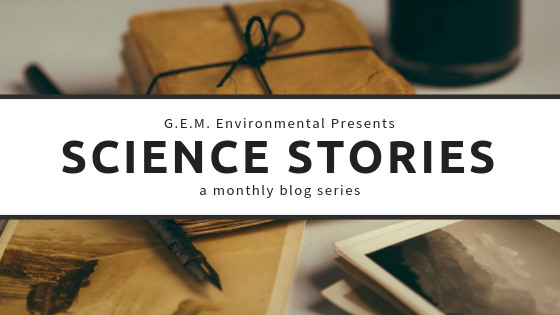
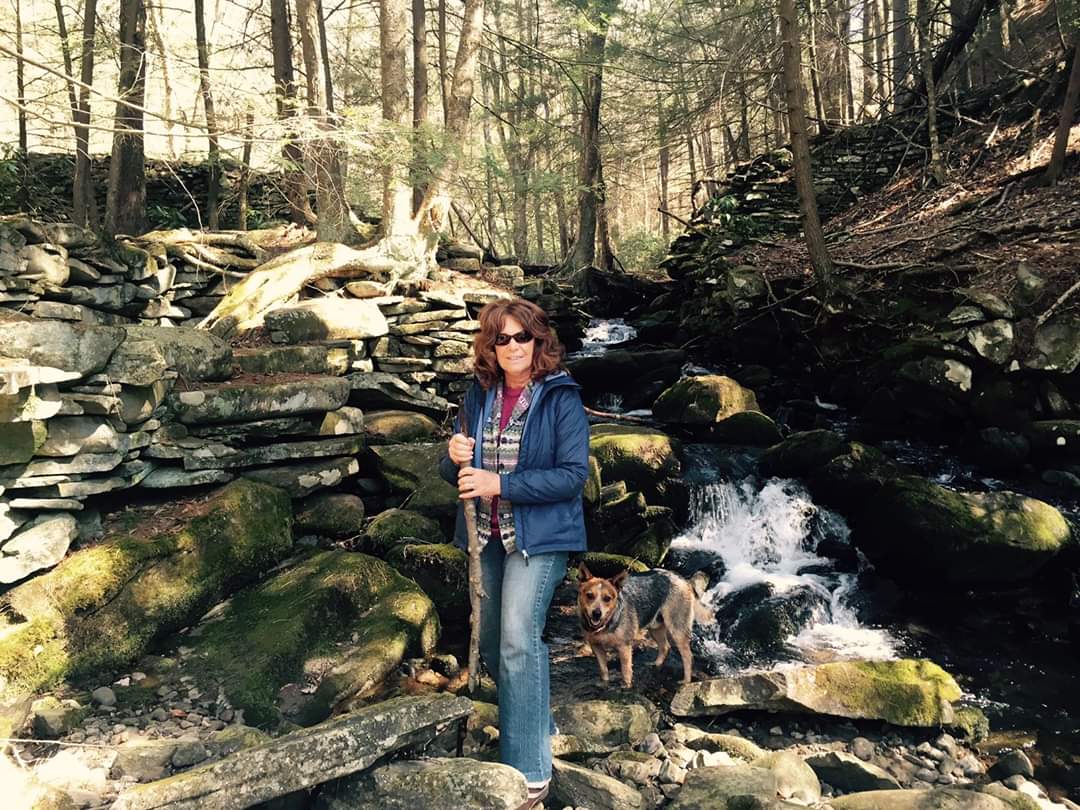
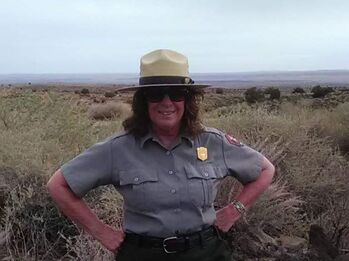
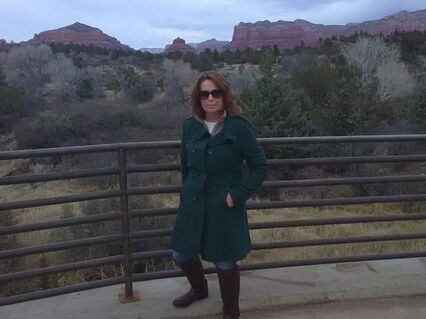
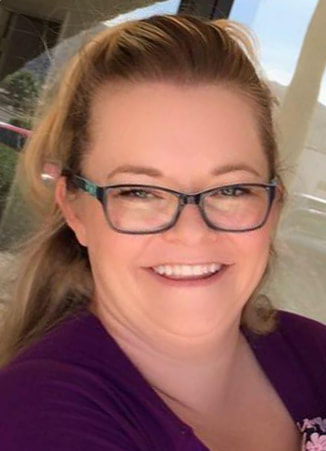
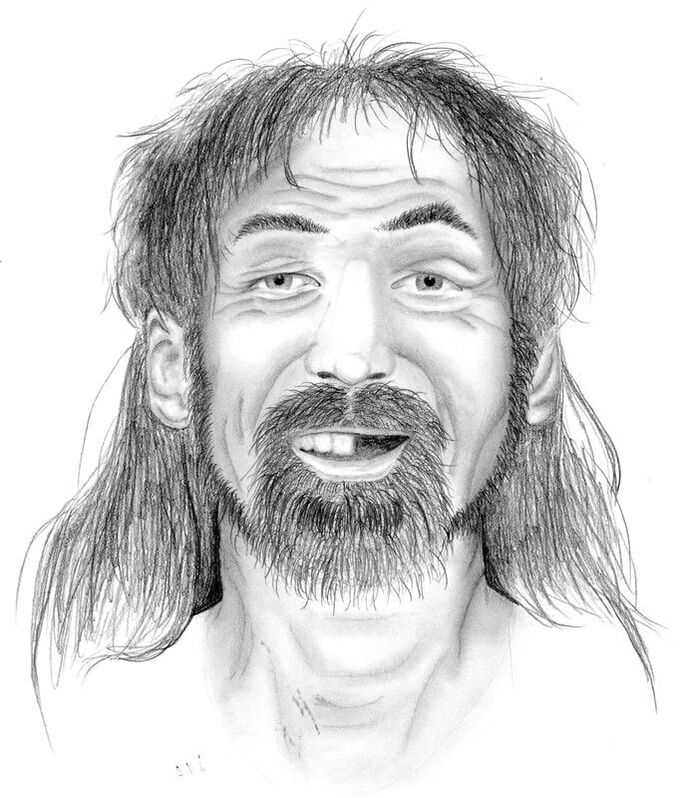
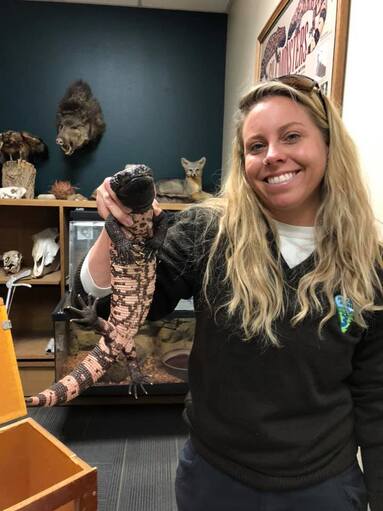
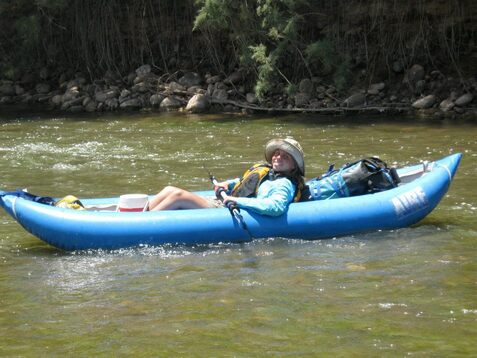
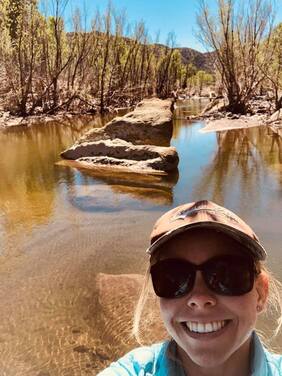
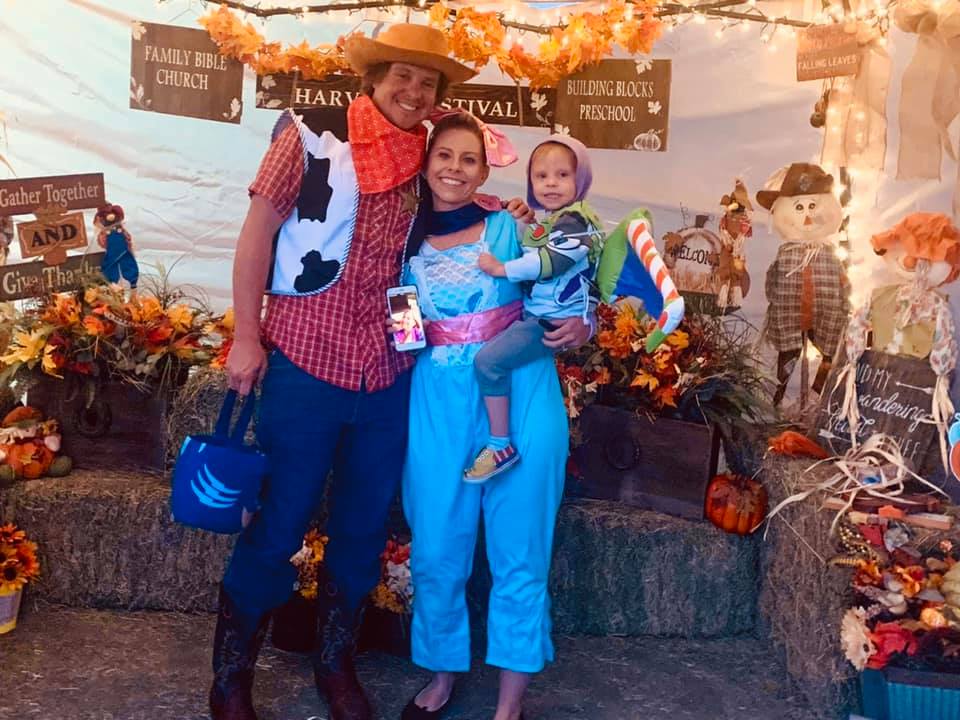
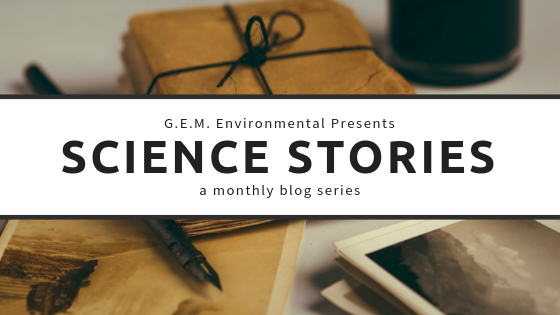
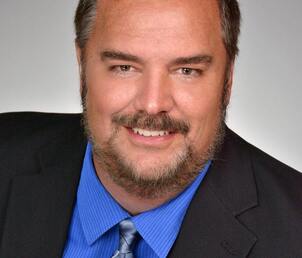
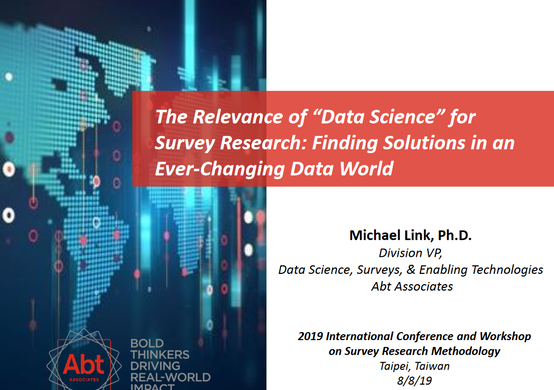
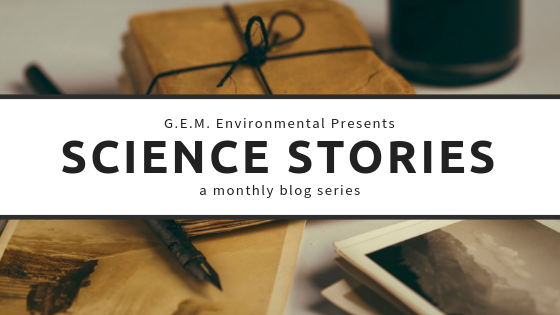
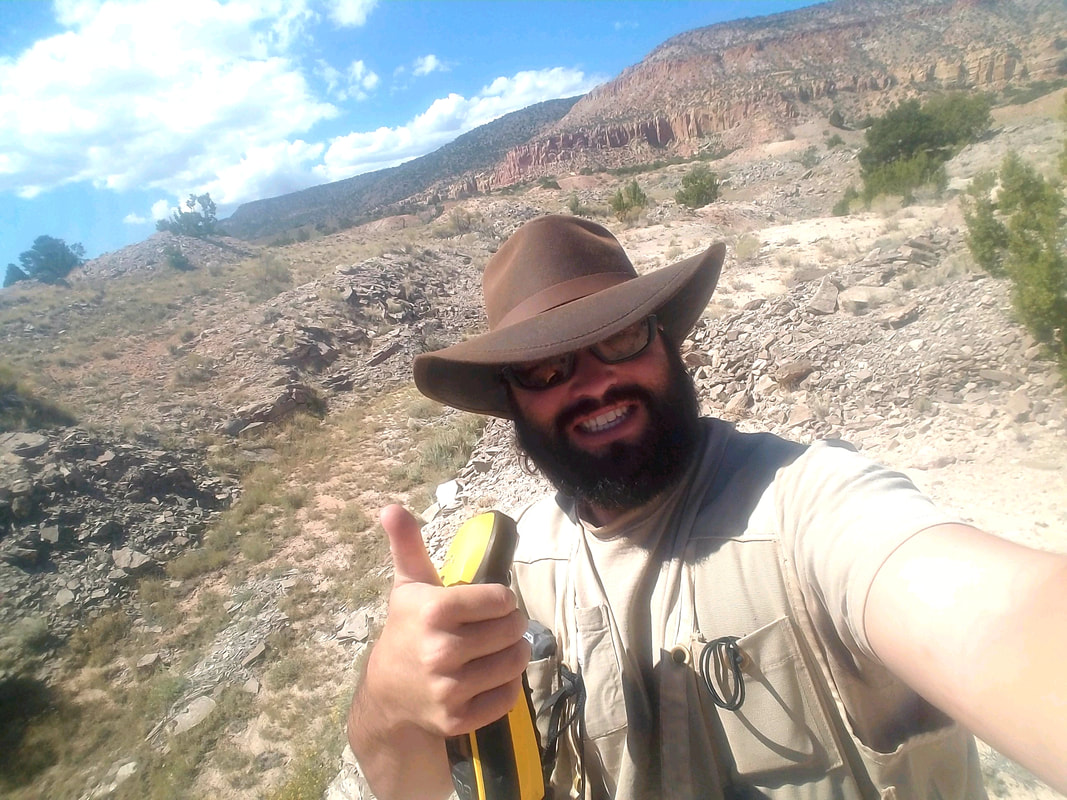
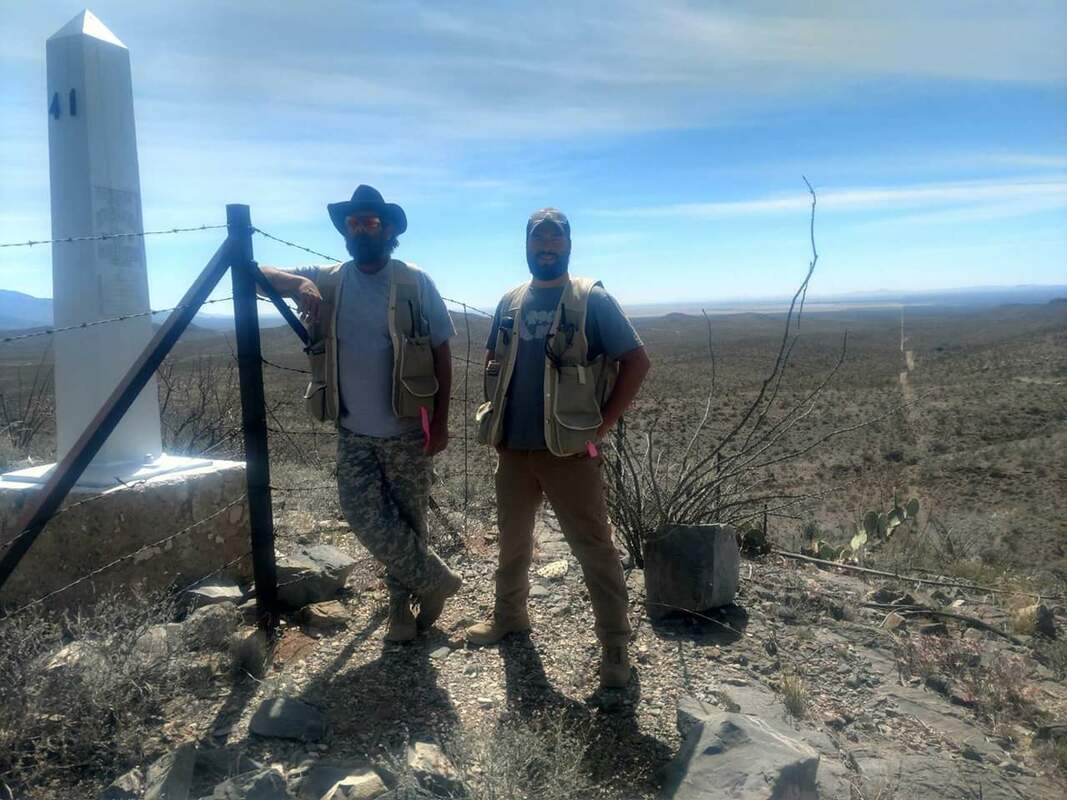
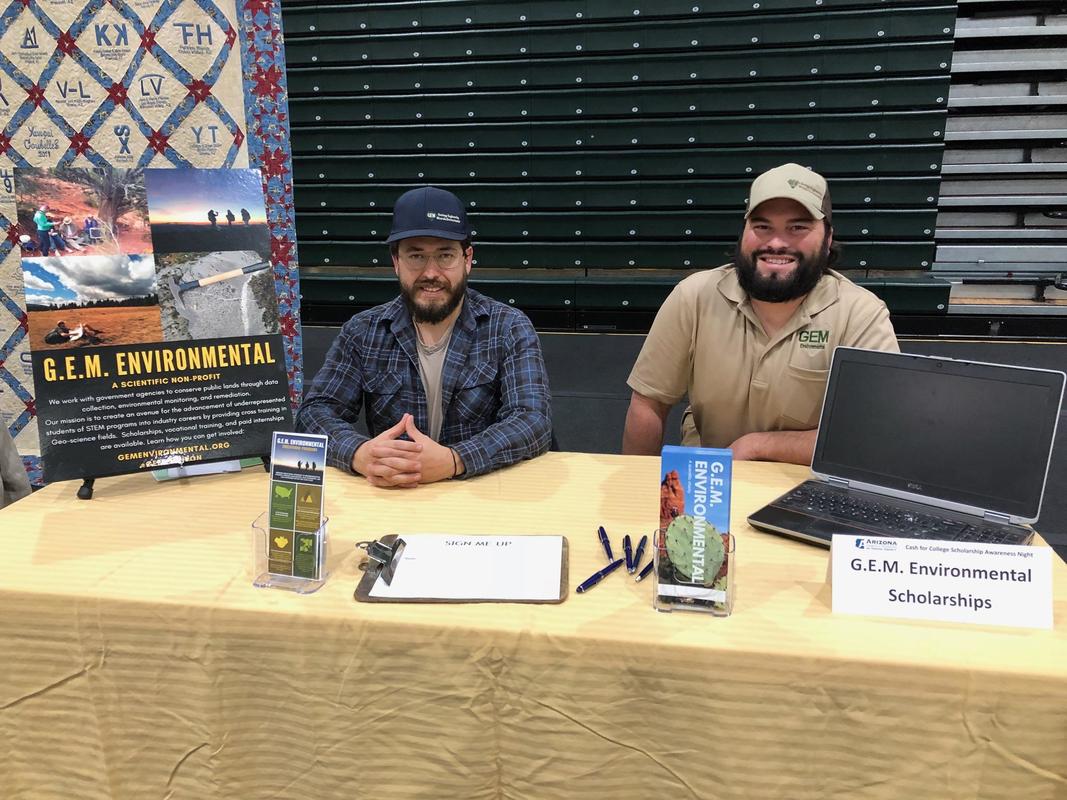
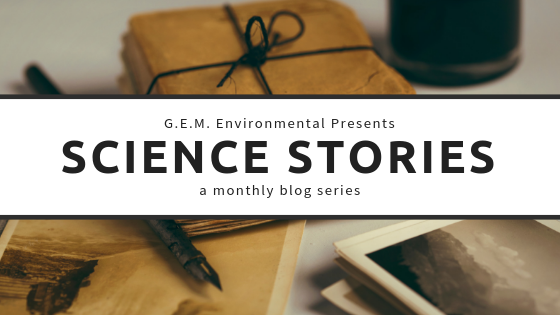
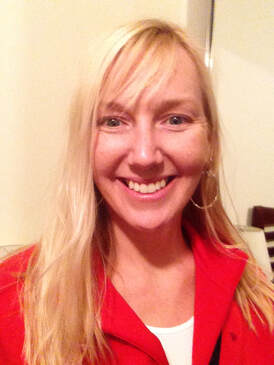
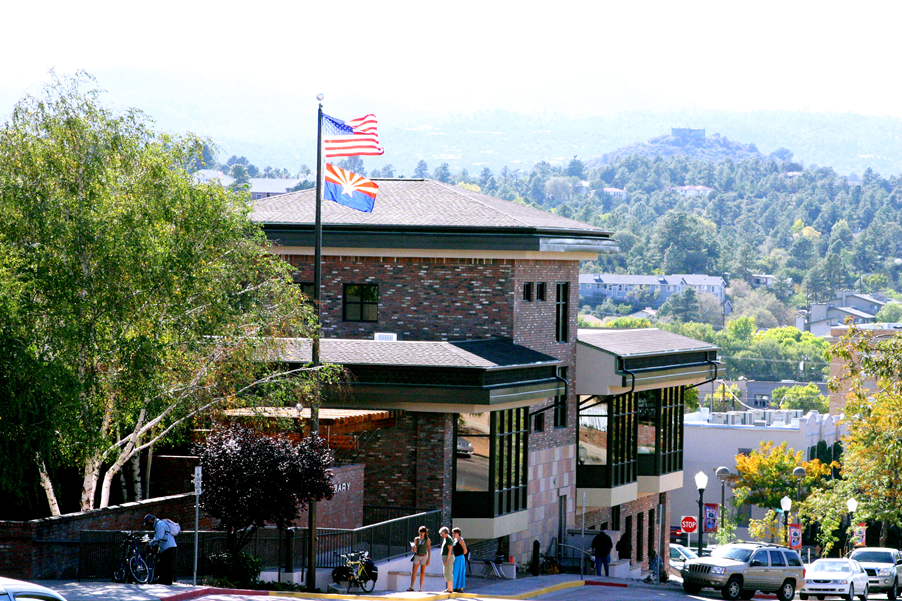
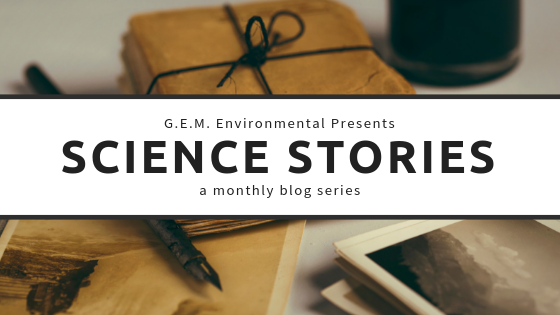
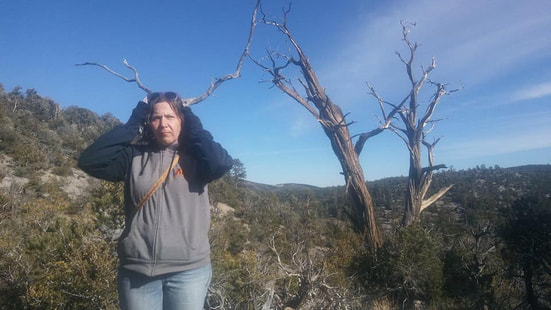
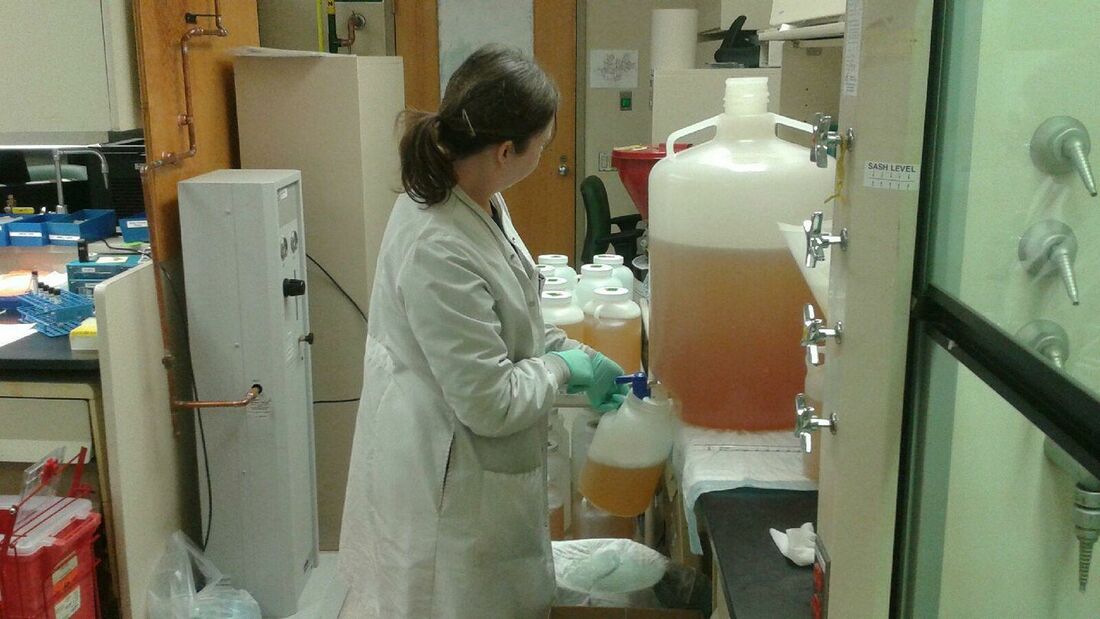
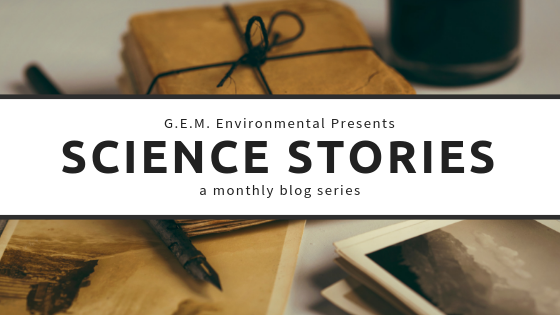
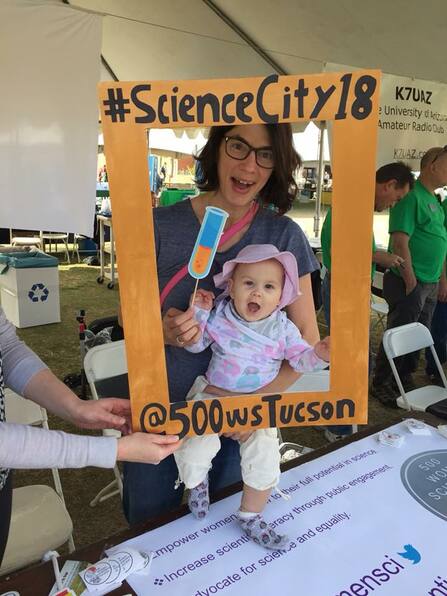
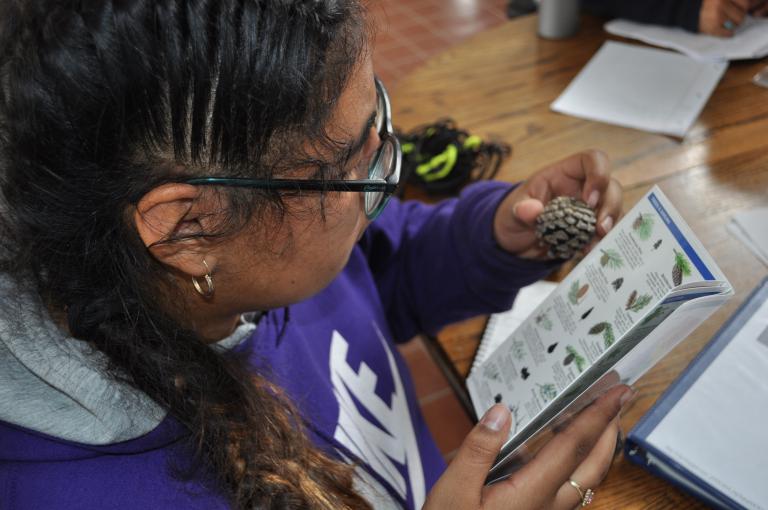
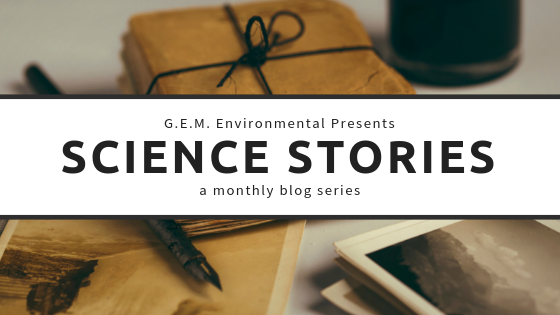
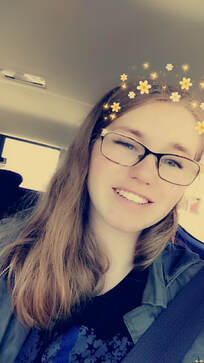
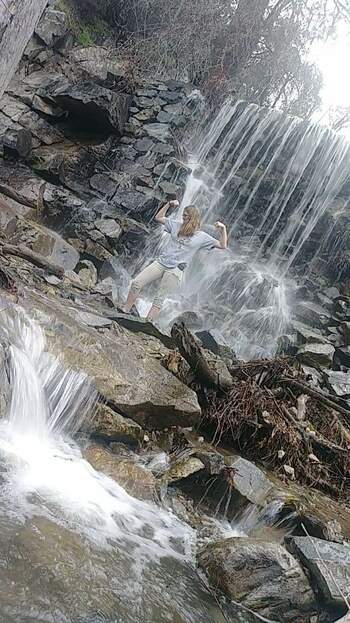
 RSS Feed
RSS Feed

